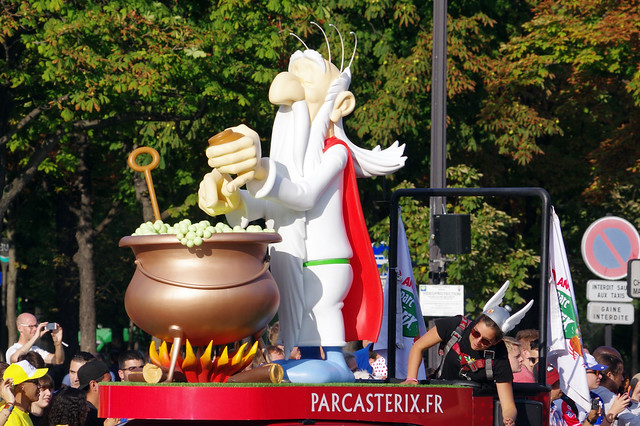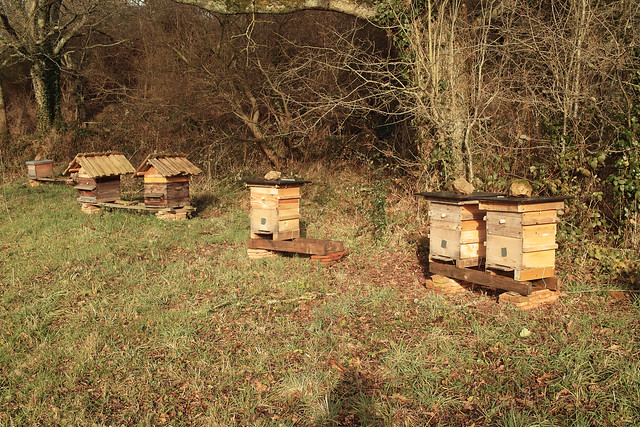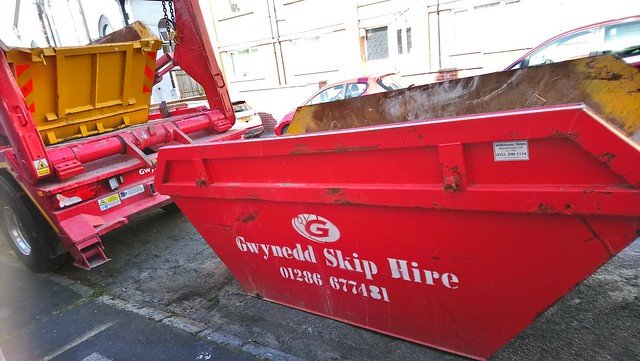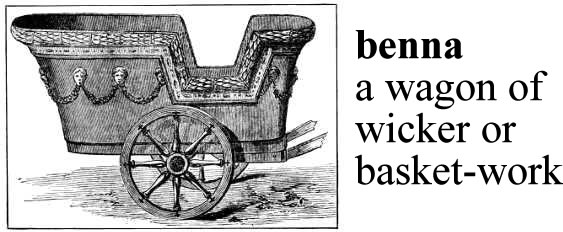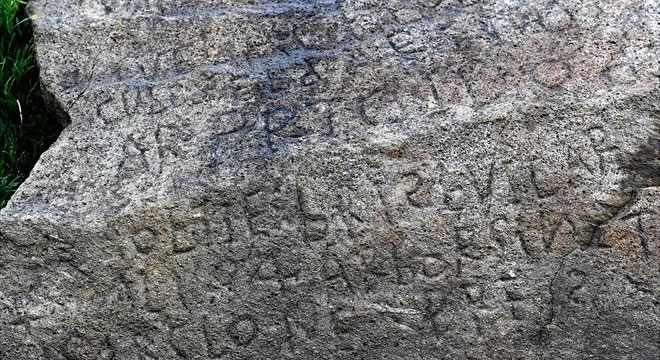Is the word cargo related to the word car? Let’s find out.
Cargo [ˈkɑːɡəʊ / ˈkɑɹɡoʊ] refers to freight carried by a ship, aircraft or motor vehicle. It comes from Spanish cargo (charge, burden, position, post), from cargar (to load, carry, charge), from Late Latin carricāre, from carricō (to load), from carrus (wagon, a two-wheeled baggage cart, load, two-wheeled Celtic war chariot), from Gaulish *karros (wagon), from Proto-Celtic *karros (wagon), from Proto-Indo-European *ḱr̥sós (vehicle), from *ḱers- (to run) [source].
A car [kɑː / kɑɹ] is a wheeled vehicle that moves independently, with at least three wheels, powered mechanically, steered by a driver and mostly for personal transportation; or any vehicle designed to run on rails [other meanings are available].
It comes from Middle English carre (cart, wagon), from Anglo-Norman carre (cart), from Latin carra, from carrus (wagon(load), cart(load), load), etc. – so the same roots as cargo [source].
Other words from the same Proto-Celtic roots include car (vehicle, car, sled, dray) in Welsh, karr (car, vehicle) in Breton, carro (wagon, cart, van, lorry, truck) in Italian, char (chariot, carriage, tank, car) in French, carro (cart, car) in Portuguese, kar (cart, car, truck) in Dutch, kärra (cart, wagon) in Swedish, qerre (cart, carriage) in Albanian, and career, carriage, carry, charge, chariot and posssibly carousel in English [source].
Other words from the same Proto-Indo-European roots include courier, course, carry, charge, current, curriculum, cursive, cursor, horse, hurry and possibly rush (to hurry) in English; corriere (messenger, courier) in Italian, and courir (to run, hurry, rush) in French [source].







